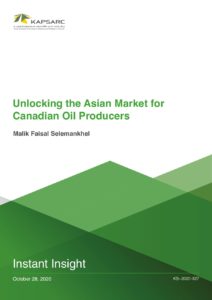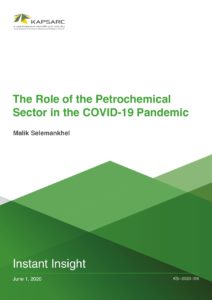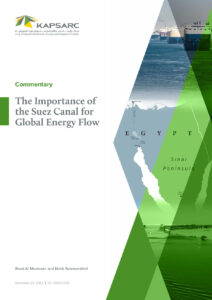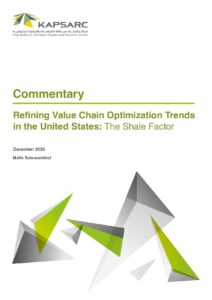Malik was a senior research associate in the Markets and Industrial Development team focused on downstream refining and petrochemicals value chains. He is a licensed professional engineer in Canada (APEGA) and Saudi Arabia (SCE) with over 10 years of engineering and oil business experience, both office and field based. Malik has experience in the upstream, midstream and downstream sectors of North America’s oil and gas industry. He has a keen interest in integrated hydrocarbon value chain optimization to help oil and gas companies maximize profits. Malik’s research interests include the optimization of integrated value chains driven by regional and international regulations on fuels and emissions, and economic growth, among other factors. In Canada, Malik developed the concept of using data analytics tools, such as machine learning, to improve plant availability during shutdowns.
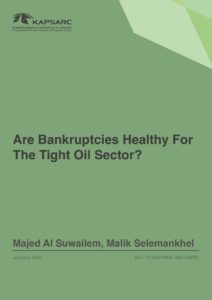
Are Bankruptcies Healthy For The Tight Oil Sector?
Between January 2015 and mid-2020, about 69 of the approximately 2,160 small-to-medium independent oil companies operating in the tight oil sector filed for Chapter 11 protection. These filings mostly occurred in 2016 and 2019. A lack of financial discipline and poor financial risk assessment meant that these companies were negatively impacted by the low oil prices in these years. Hence, they declared bankruptcy.
14th February 2021
